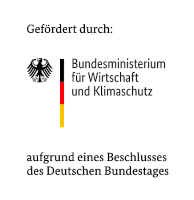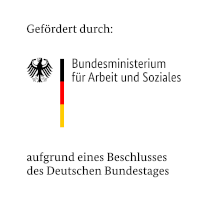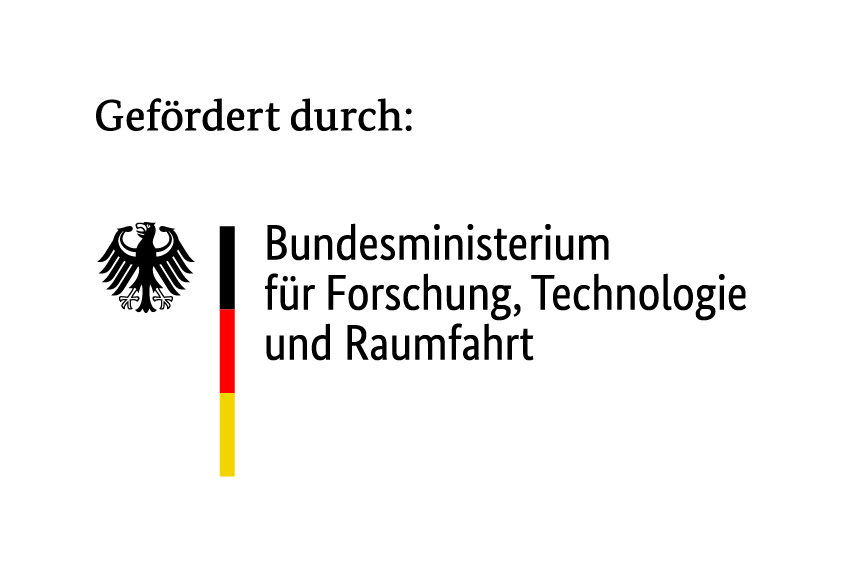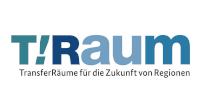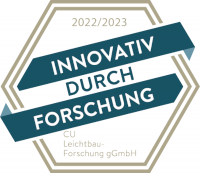A new approach to creating aircraft parts has been developed by reusing production waste from the manufacturing of clips and cleats for the Airbus A350. This approach uses thermoplastic composites made from recycled materials, which provide a more circular alternative to contemporary thermoset composites. The use of thermoplastic composites has several advantages, including short cycle times, high toughness, and weldability, making it an ideal material for next generation aircraft.
The crown module of the Multi-Functional Fuselage Demonstrator (MFFD) is made of ultra-light rods. The rods are made from Teijin TPUD HT CF-PPS thermoplastic slit tape in combination SPIRAL’s recycled SPIRAL light PPS CF40 compound. The length adjustable rods are a great example of how production waste can be reused to create new and innovative products.
The recycled material used in this case comes from the production waste of clips and cleats for the Airbus A350 produced by Collins Aerospace, Almere. The material is mechanically shredded (size reduction) and compounded to injection molding compound by SPIRAL. The reuse of the material helps to avoid approximately 20 kg of CO2 emissions per kg of granulate. This is an environmental benefit that can help reduce the carbon footprint of the aviation industry and close the loop for performance materials.
The final part is manufactured by herone based on the automated processing of thermoplastic tapes in a braiding process and subsequent energy efficient consolidation process. The formerly metallic connecting elements are replaced by injection molded parts using the recycled compound. All components use the same thermoplastic base material, so that the composite components can completely be recycled again.
We are excited to see the aviation industry taking steps towards sustainability by reusing production waste and reducing carbon emissions. This innovative approach is a promising solution that can help support the journey to decarbonize aviation.


Figure 1: Thermoplastic composite MFFD-Rods

Figure 2: Semi-finished products and assembled MFFD-Rod
About herone
herone – we innovate composites for sustainable living. We develop and produce ultra-light, recyclable composite profiles with tailor-made properties and functions. Our motivation is to offer solutions to overcome borders and contribute to a clean future. Our technological core is the herone technology. It combines automated textile technology with an efficient pressing process.
About SPIRAL
Spiral Recycled Thermoplastic Composites collects, recycles and sells recyclates based on thermoplastic composite materials. Spiral specializes in carbon fiber reinforced engineering plastics.
About Teijin Carbon Europe
Teijin Carbon Europe GmbH is the Teijin Group’s core company for carbon fiber business in Europe. Teijin includes about 170 companies with 20,000 employees worldwide. Teijin Carbon Europe GmbH has been manufacturing Tenax™ Carbon Fibers in Heinsberg for nearly 40 years. This makes Teijin the only manufacturer of carbon fibers in Germany to date. The production portfolio also includes semi-finished carbon fiber products (ThermoPlastics, ThermoSets, Dry Reinforcements). Ultra-light and high-strength, Teijin’s carbon fiber products are used in fiber composites in many industries, such as aerospace, automotive, renewable energies, mechanical engineering, shipbuilding, medical technology and sporting goods.
About Collins
Dutch Thermoplastic Components (DTC), a part of Collins Aerospace, in Almere, Netherlands is an industry leader manufacturing thousands of different parts for aircraft structures out of thermoplastic composites. The Almere team actively collects thermoplastic composite materials leftover from production and has partnered to develop a process route that transforms the waste into new materials suitable for various applications, including the development of aircraft parts.
Contact herone GmbH
Dr. Christian Garthaus
Meschwitzstrasse 21
D-01099 Dresden,
Phone: +49 174 9190 621
email: christian.garthaus@herone.de





